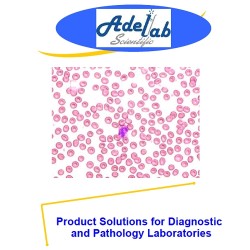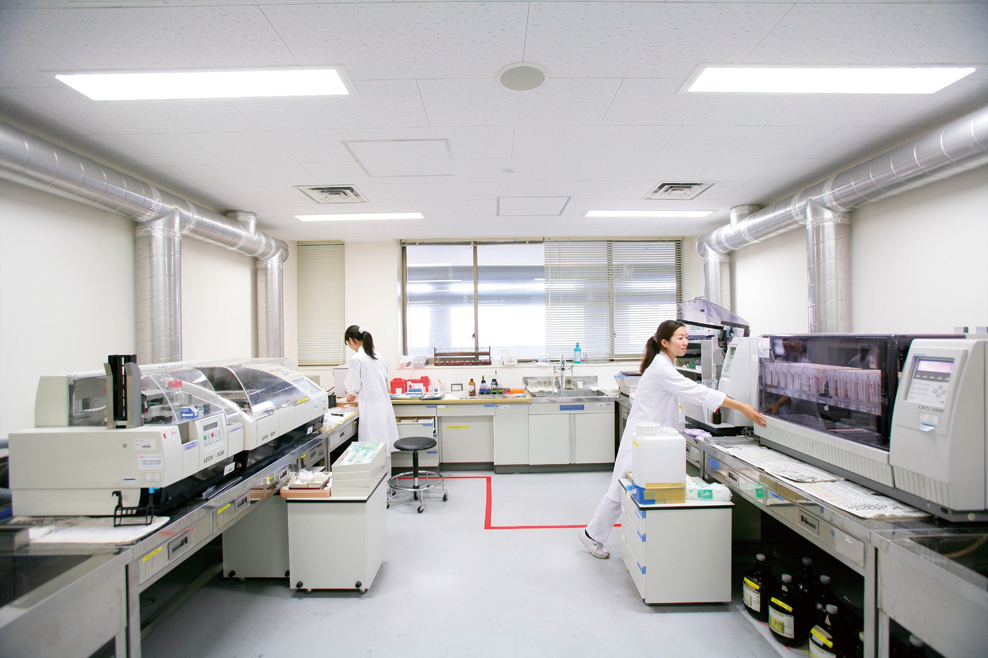

Table 1: Top Featured Microbiological Testing Service Providers on Thomas Company Included in the information, you'll find details on each company's location, year founded, estimated annual revenue, and brief company summary. Table 1 below, lists the top featured microbiological testing service providers on. Top Featured Microbiological Testing Service Providers on Thomas In the following sections, we will explore the top featured microbiological and immunodiagnostic laboratories in the US and Canada, as found on. All laboratories, and especially laboratories that perform medical testing for profit, must act in accordance with regulatory bodies such as the FDA, CMS, CDC, and other agencies to remain in good standing. Regardless of the type of tests, modern medical laboratories are held under strict regulations to ensure efficacy, patient privacy, and technical certifications to provide quality clinical data. Tissue tests are often the most invasive medical tests, involving specialized equipment and surgeons to excise the desired tissues. Biopsies are common in cancer treatment, where a doctor will remove tumor tissue to observe its makeup, which can be remarkably useful in diagnosis and treatment. Tissue: tissue samples, obtained from external or internal biopsies, are taken to labs to perform tissue analysis (tissue analysis can also be done via the blood, which interacts with all tissues of the human body, but these still remain under the “blood test” umbrella). Some of these tests are non-invasive, requiring only a swab or a sample, but other specimens such as the internal bodily fluids of the pericardium, pleural fluids, and cerebrospinal fluids must be obtained via a needle. Stool tests are useful in determining gastrointestinal issues such as bacterial/viral infections, or markers of other gastrointestinal diseases.īodily fluids: saliva, mucus, semen, and other bodily fluids are also useful in medical testing, but require different equipment and procedures based on the bodily fluid being analyzed. Stool: Like urine tests, stool tests are non-invasive and easy to perform, but are called for when digestive problems arise. Urinalysis tests break down the components of a person’s urine to check for drug use, blood, levels of protein & minerals, and to check for the presence of bacteria, pathogens, or glucose. Urine: Obtaining urine samples is less invasive and costly than other medical tests and still provides a wealth of information quickly. Blood is drawn and then shipped in chilled vials to testing labs, where centrifuges and other equipment separate out the different components of blood, which are then analyzed. Below is a simplified list of common medical tests performed in clinical testing labs, but know this list is not exhaustive:īlood: blood tests are vital to understanding a patient’s health, as blood contains many useful biomarkers such as cell counts, blood chemistry information, and inflammatory and genetic markers.

Some labs are based in hospitals, clinics, universities, non-profits, or are commercially separate companies however, a commonality across all clinical labs is that they require patient samples on which to perform tests (otherwise they would be classified as labs that work on non-clinical specimens, requiring different regulations). They are by no means a homogenous group, as there are dozens of different tests that can be administered in numerous mediums, all requiring different equipment and levels of expertise.

Medical testing labs vary based on what tests they perform. They are an invaluable tool in modern medicine, as they provide empirical evidence for diagnoses and can be utilized routinely to ensure that chronic conditions remain under control. Diagnosticians use medical tests and/or diagnostic test kits to detect conditions, determine diagnosis and treatment plans, and monitor the prognosis of the patient before, during, and after treatment. Medical testing laboratories (also known as clinical laboratories) are laboratories that have all the necessary equipment and staff to perform clinical pathology testing on patient specimens. Image credit: What are medical testing laboratories, and what do they do?Īs our understanding of clinical chemistry advances, so too does our ability to test for the markers of disease and bodily imbalance.


 0 kommentar(er)
0 kommentar(er)
